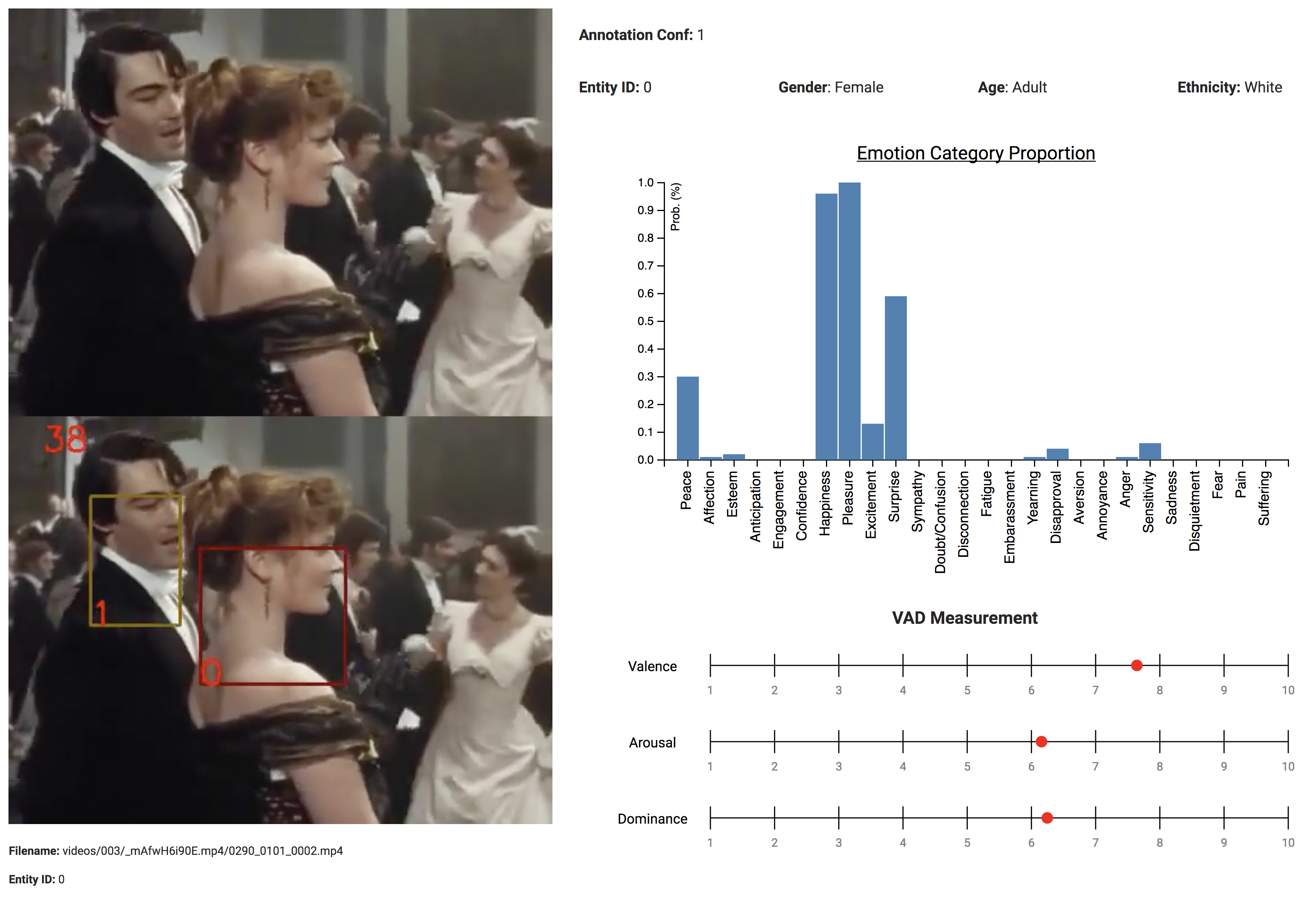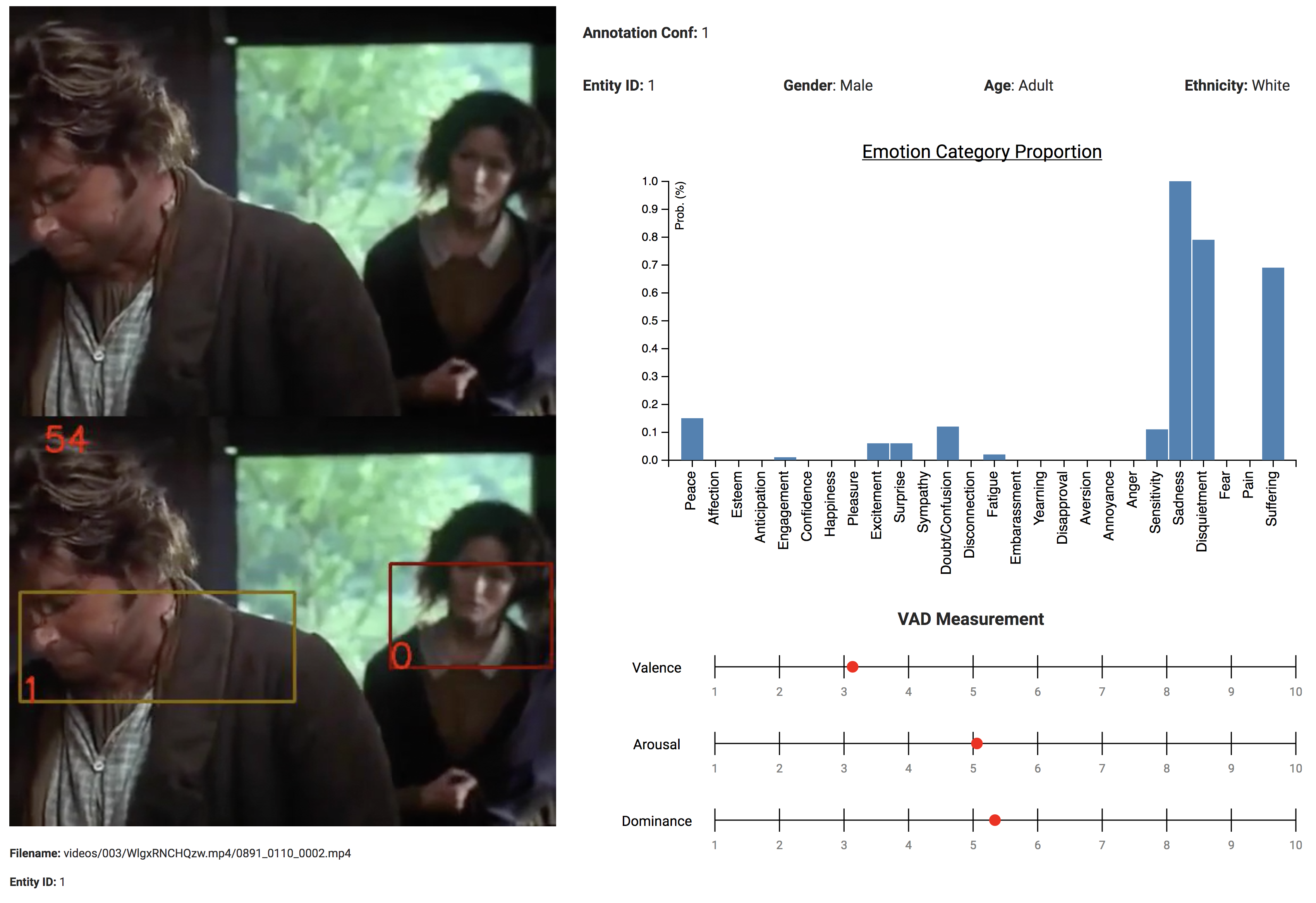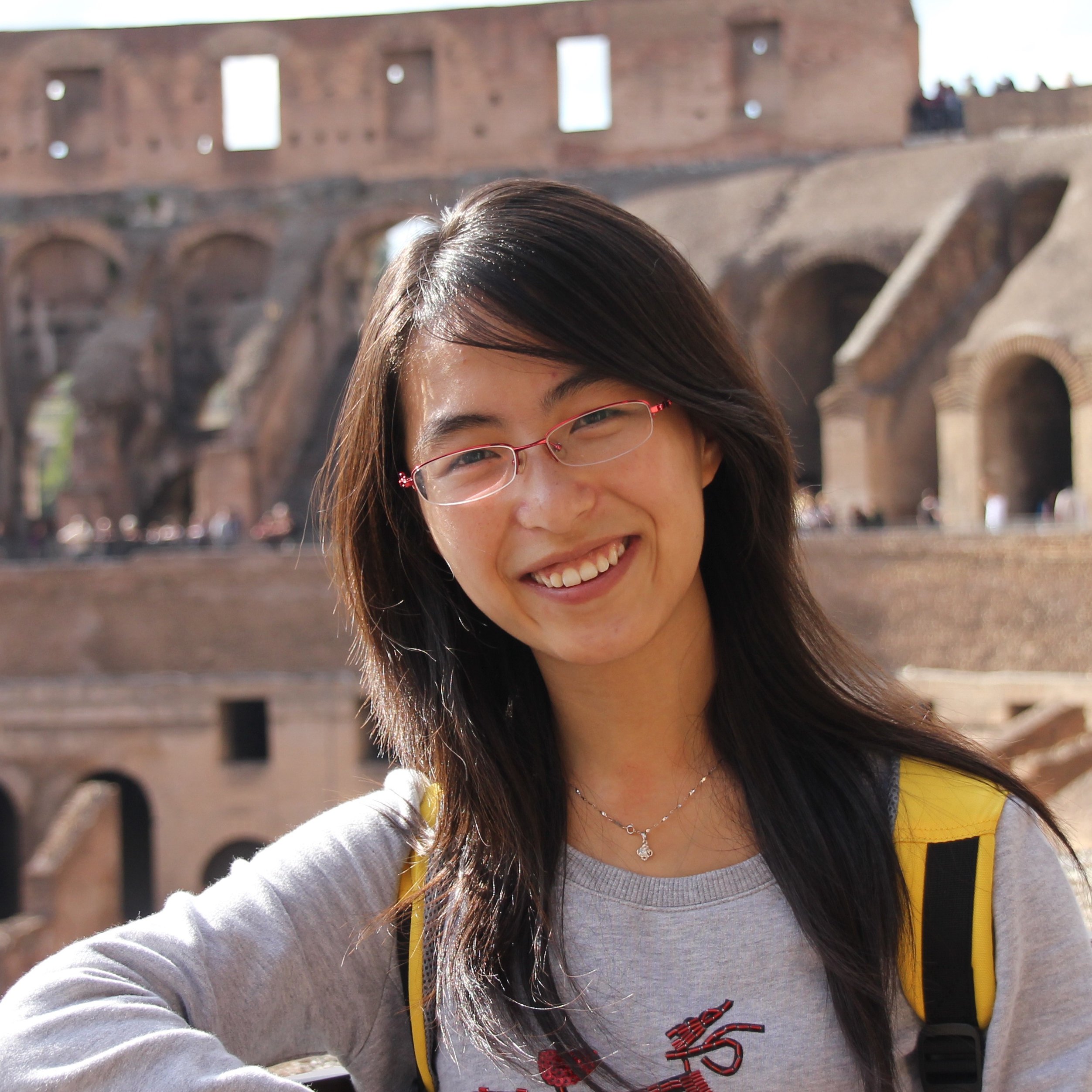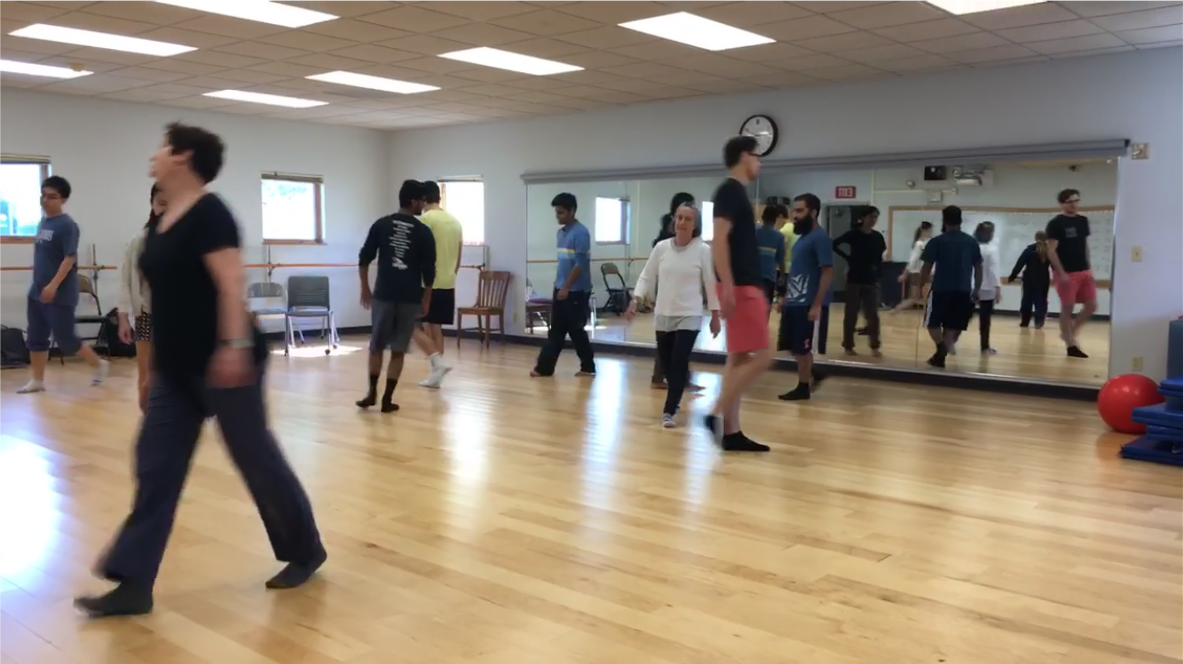



Understanding human bodily expressed emotion is of great importance in the field of computer vision, robotics, psychology/psychiatry, and graphics. This BEEU workshop focuses on computer vision and machine learning methods for understanding human bodily expressed emotion.
We invite submissions of 1) original research papers of unpublished work and 2) extended abstracts of preliminary work. The papers will be peer-reviewed and, if accepted, published in the ECCV workshop proceedings. Accepted submissions will be presented as orals/posters/spotlights at the workshop. The covered topics include but are not limited to:
We invite submissions of results to a challenge based on the BoLD (Body Language Dataset). Please visit the challenge website to learn more about the dataset. We have defined an evaluation protocol. The results will be announced during the workshop and the authors of the winning methods will be invited to present their approaches. A paper with an analysis of the results will be published in the workshop proceedings for a selected few winning teams.
We expect that 70% of the accepted papers will be from the regular paper and abstract tracks and 30% from the challenge track.

Arthur J. Chick Professor of Electrical Engineering & Computer Sciences (EECS),
University of California at Berkeley.

Rachleff Professor of The Department of Computer and Information Science (CIS),
University of Pennsylvania.

Professor & Deputy Director of UCLIC,
University College London.

Professor & Department Chair of Communication and Psychology, University of California, Los Angeles.

MIT Media Lab & Associate Professor from Universitat Oberta de Catalunya.

Engineering Manager and Scientist,
Adobe Research.

Professor of Department of Biology,
York University.

Amy LaViers and Cat Maguire, University of Illinois at Urbana-Champaign
Interest in Laban Movement Analysis and Bartenieff Fundamentals in technology has been steadily growing over the past decades. Researchers, developers, designers, and artists interested in understanding principles of choreography and their applications to the design of new embodied systems and interfaces look to this body of knowledge for information in how people create meaning through movement; rather than measurements of the velocity of body parts or of the internal firings of neurons, this body of work focuses on the aspects of movement consciously noticed by human movers. In work, we expose researchers to different aspects of choreography, improvisation and the Laban/Bartenieff Movement System as a tool for meaning-making through recognizing patterns, reconciling paradox, contexting, and gaining respect for the complexity of human movement. We approach these ideas through both functional and expressive movement experiences that can illuminate the body as the basis for our “knowing” of the world in order to inform engineering work. Thus, we provide structured experiences in movement alongside the introduction of a taxonomy for more objectively describing features of movement observed in these experiences. Through a short demonstration at this workshop, we will highlight how embodied movement is essential to analyzing movement and offer information about upcoming online-learning opportunities in movement analysis.
Paper submission deadline (research paper and abstract tracks): 4 July 2020 (16:59 US Pacific Time or 23:59 UTC-0)
Paper submission deadline (challenge track): 4 August 2020 (16:59 US Pacific Time or 23:59 UTC-0)
Paper acceptance notification: 20 August 2020
Camera-ready submission deadline: 12 September 2020 (16:59 US Pacific Time or 23:59 UTC-0)
Workshop date: 23 August 2020 (morning)
Papers accepted by the workshop will be published in the ECCV 2020 workshop proceedings, along with other ECCV 2020 workshops. Submissions must use the ECCV 2020 LaTeX or Word templates. All submissions will be handled electronically via the MSR CMT system. (https://cmt3.research.microsoft.com/BEEU2020) Authors will be required to transfer copyrights for any papers published in the conference proceedings.
For any submission that is based on a declined submission to the main ECCV 2020 conference, authors are required to submit a copy of the reviews from the main conference along with a statement documenting any changes made in the workshop submission from the original ECCV submission to address the review comments.
James Z. Wang, College of Information Sciences and Technology, Penn State University, jwang (at) ist.psu.edu
Reginald B. Adams, Jr., Department of Psychology, Penn State University, rba10 (at) psu.edu
Yelin Kim, Amazon Lab 126, kimyelin (at) amazon.com
Others contributed to the workshop organization are: Jia Li, Yu Luo, Michelle G. Newman, and Sarah M. Rajtmajer of Penn State University.